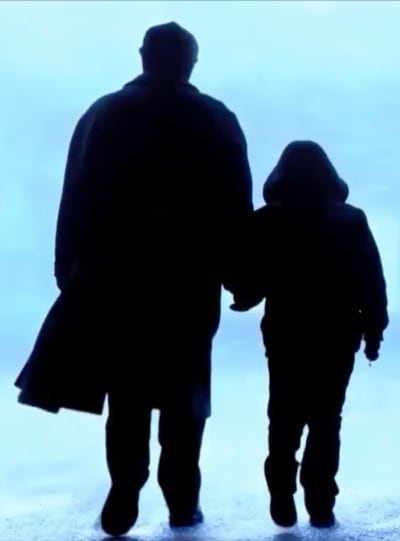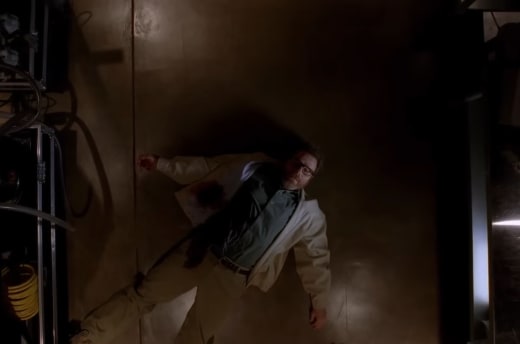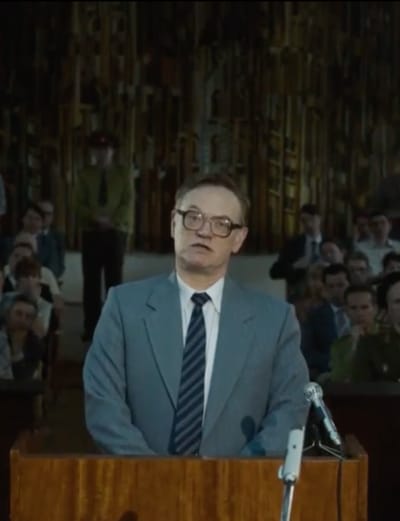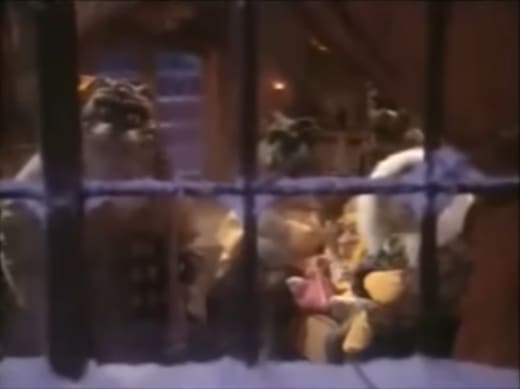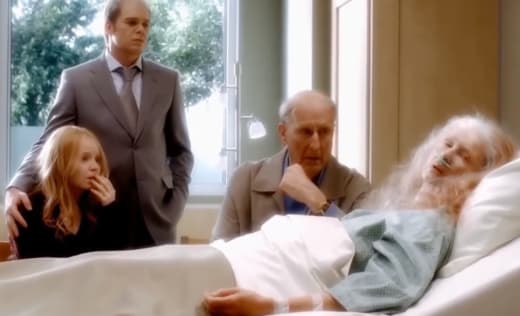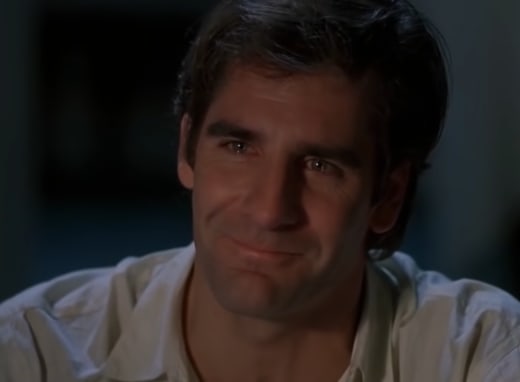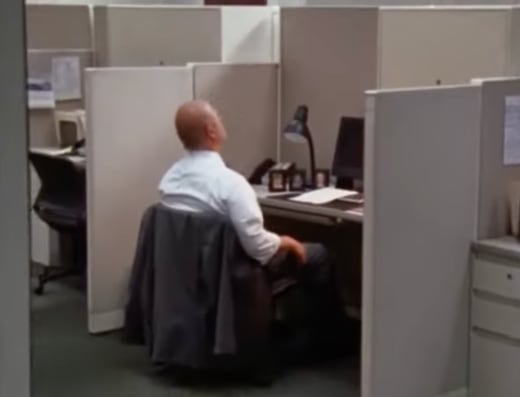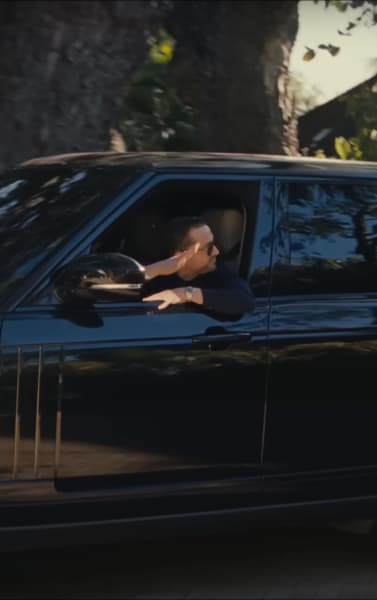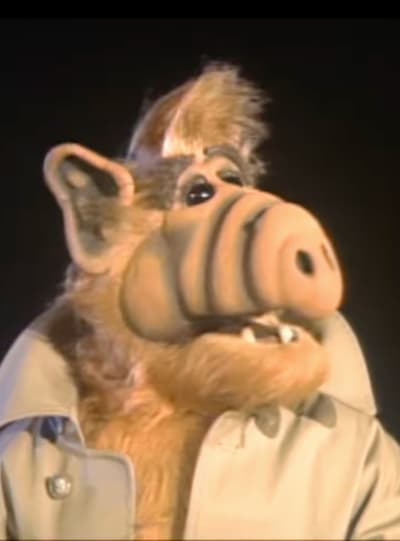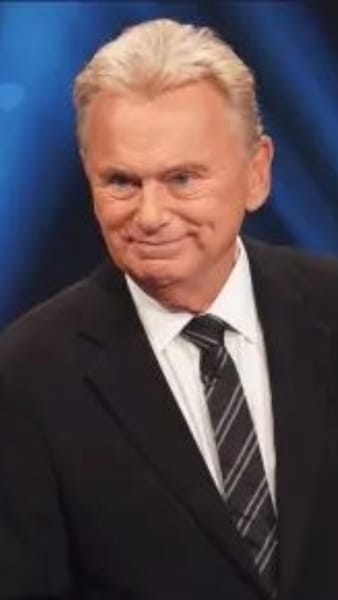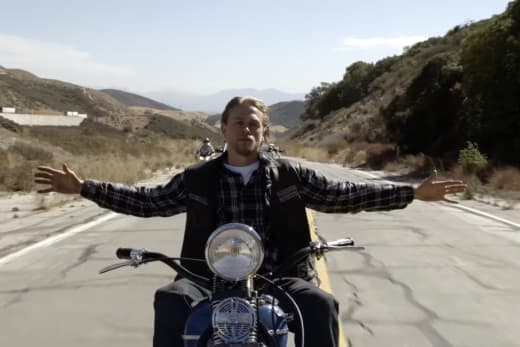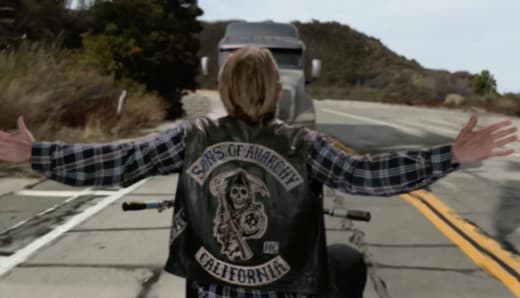Even the best series has to conclude at some point, often to the dismay of those who grew to love the characters and stories. It’s not easy to pull off the ultimate series finale.
If you need a primary example of that, work your way through Game of Thrones, Lost, True Blood, or The Walking Dead (to name a few) and suffer the indignity of watching the endings come apart at the seams.
But those who get it right are forever enshrined in the public consciousness and the hallowed halls of TV history.
We’re not talking about sadness brought on by a beloved series ending a long and storied run, though that is devastating in its own way. No, these are episodes capable of eliciting the same emotions as a standalone movie.
Related: Young Sheldon’s Wrap-Up Was As Funny As It Was Heartbreakingly Beautiful
Like any good TV show, the characters drive the story, and when characters say goodbye, even if it’s just analogous, the result is often heartwrenching.
Fringe – Walter Bishop Says Goodbye
Fringe was often touted as the heir apparent to The X-Files, and some missed out, thinking the show was nothing more than a J.J. Abrams rip-off of a classic.
Dig a little deeper, however, and Fringe reveals exciting twists and turns, solid character development, and even some decent world-building.
It also pulled off a feat that only The X-Files previously mastered — tying individual episodes (having little to do with the overall arc) into the primary plot on an emotional and relatable level.
Like many fantastic Sci-Fi offerings, Fringe was embodied by the team. Dr. Walter Bishop, Peter Bishop, and Olivia Dunham. That familial composition was challenged often, though it never faltered.
That is, until the day that Dr. Bishop said goodbye to his son, Peter. The farewell encompassed far more than a mere parting of ways, and the sacrifice that came with it lingered for a long time afterward.
Breaking Bad – Walter White Makes Amends
Breaking Bad is a story about an antagonist (Walter White) in every sense of the word. But a good antagonist is empathetic in many ways, often doing evil to snatch salvation from the jaws of annihilation.
The idea for Walter White came from a single episode of The X-Files, where Bryan Cranston played the role of a desperate driver, opening the door to a leading role in Breaking Bad.
Related: Our Favorite Big Bads of the Decade
Somehow, this makes the end of Breaking Bad so much worse. It was like watching The X-Files’s last glowing ember (not counting the more recent stuff) die out, shrouded in a silent darkness.
Darkness also aptly describes Walter’s ending in Breaking Bad. Though redemption is within the grasp of the worst of humanity, it often comes at a cost — a cost that Walter White paid in full.
The music playing over his body on the floor, Badfinger’s Baby Blue, is an unexpected and brilliant choice that drove home Walter’s love for the thing that destroyed him.
Chernobyl – Valery Legasov’s Legacy
What makes Chernobyl so particularly devastating, besides the mass deaths and environmental disaster of the meltdown, is the fact that these were real people in a real situation.
Legasov had a prestigious career, something the five-episode Max series (Formerly HBOMAX or HBO) hinted at but never wholly defined. He was a member of the Academy of Sciences of the Soviet Union and a professor at the Moscow Institute of Physics and Technology.
Understandably, he was chosen as one of the Chernobyl Nuclear Plant meltdown investigators. In reality, as in the show, he was crucial in reducing the meltdown’s impact and detrimental to a hostile Soviet government.
Radiation sickness took a toll on his body, and for reasons likely but not wholly related to that, he took his own life.
Both the show and Legasov’s real history suggest a psychological breakdown as a result of sickness and the oppressive government under which he labored for so long.
Dinosaurs – The Coming Ice Age
Dinosaurs is an oldie but a goodie, except for the series finale. That’s not to say it was bad; it was anything but. However, talk about depressing, especially coming from a mostly lighthearted, family comedy sitcom.
Apparently, the show was fairly expensive, and it was difficult to stabilize it with a set time slot. This led to a shorter lifespan for what was a reasonably popular show.
Related: Some of TV’s Heaviest Moments Came From Lighthearted Shows
A series of catastrophes, one leading to the next, facilitated by large corporations more focused on dollar signs and not stewardship of the planet, led to a heartbreaking finale.
The final focus is on Earl, the obedient catalyst of the very event that brought on the Ice Age. Though the show doesn’t elaborate on this prophetic knowledge, it’s readily apparent in the very pores of the episode.
Earl is optimistic, though the viewer is well aware that this entire family, and indeed the world, will soon freeze to death. It’s enough to spoil your entire week.
Six Feet Under – We All End Up In The Same Place
No matter how rich, poor, successful, evil, good, or anything else we are in this world, we all must go out at some point. Sitting down and contemplating that is depressing enough.
Six Feet Under takes those thoughts of inevitable endings, ties them together with memorable characters, and ends them all. Quickly too.
That, and the use of a song that will forever evoke the beauty and pain of the finale, is what makes the series finale of Six Feet Under such a mentally devastating end.
Growing to love the characters over the course of five seasons would normally make anyone’s throat knot up. But ending them so fast that it forces you to work it over in your mind for days afterward is just downright cruel.
Our brains instinctively wall off lingering contemplations of our own deaths. Six Feet Under forces us to reflect on that concept in a little too long for comfort.
Quantum Leap – Dr. Sam Beckett Never Returned Home
That last phrase is brutal. Not because it implies a horrible ending for Sam. He could have gone on to help so many others. It could have been lazy writing on the part of the showrunners.
It created a foreboding sense of non-closure in audiences not to mention the fact that after five seasons of leaping through time, Sam’s reward is a perpetual life of never returning home.
Related: Cliffhangers That Made Our Jaws Drop to The Floor
Unfortunately, it’s probably the result of NBC cutting the series short without an opportunity to develop a true series finale. The suggestion that Sam wanted to keep leaping, with so much evil in the world, certainly helps.
However, it fails to match Quantum Leap’s premise. NBC, foreshadowing Netflix’s propensity for canceling shows on cliffhangers, took the ball off the court before the game was finished.
The result is the neverending feeling of Sam, jumping from time period to time period until he’s old and gray—not exactly a comforting or positive feeling.
The Shield – The Antihero
Before Game of Thrones reinvigorated the idea of amoral, gray heroes, The Shield was already doing the heavy lifting in that regard. Michael Chiklis hasn’t done much before or since, but he’ll forever be remembered as Vic Mackey.
Vic was a fascinating but difficult character to watch. He was a cop who often and willingly stooped to the levels of criminality to accomplish his goals. He was the penultimate example of corruption, with a tiny window of redemptive light hanging above his head.
His partner in crime, Shane Vendrell, contributed to the most depressing part of the finale, with a murder-suicide that still haunts the mind with visions of his family and that final room.
Vic manages to avoid comeuppance for his crimes, yet his end is fitting nonetheless. Total and absolute non-relevance is a tough act for such a corrupted and ambitious man, yet we leave him as nothing more than a desk jockey shell of a man with no family or friends.
Succession – Neverending Backstabbing
The saddest part is not just how Succession ended but the characters themselves. They’ll never be anything other than what they are. In a way, the ending of Succession is similar to that of Mystery Science Theater 3000.
Despite everything, the entire party does the same thing, hilariously dissecting B-movies in front of a large screen. Succession is like that, with characters forever caught within the loop of their own contrivances while never ascending to the top.
Related: TV Shows Should Make Stars, Not Depend On Them
Succession is nothing but a well-laid-out example of what happens to three children whose late father has mentally ruined them. Their battle over Waystar is meaningless, as none of them have the capacity to lead, only undercut.
The sadness of Succession comes from seeing what money and privilege bring to three siblings. Despite all their wealth, they are three blind dogs fighting over a toy ball.
Ultimately, the toy ball rolls under the couch, leaving the blind dogs confused, angry, and hopeless.
Alf – There Is No Escape
Who would have thought that the weirdly cute and harmless Alf would end up on a list of series finales that hit us right in the feels? Nevertheless, here we are because Alf’s series finale was a gut punch.
For those who have never seen Alf, he’s an alien living with the Tanner family. In a strangely hilarious Sci-Fi sitcom, Alf is the ultimate smart mouth, with something witty to say about everything. Not in a bad way.
Alf is a likable alien, as the show’s popularity clearly indicates. When an opportunity arises for Alf to escape Earth with his fellow aliens, he understandably takes it.
As a comedy, the last thing the audience suspects is that Alf will fail spectacularly, only to be carted off by the U.S. military in a scene that belongs on one of the more dramatic and serious X-Files episodes.
Pat Sajak – Wheel of Fortune
Sure, it’s not a series finale in the strictest sense, but Pat Sajak is the face of the long-running family show. For many, his departure is the series finale of Wheel of Fortune because it won’t be right without him.
It’s no different from struggling through Jeopardy without Alex Trebek. Pat’s departing message was one we can all support: a show that’s about family and entertainment, avoiding politics and controversial issues.
After over 40 years as the host of Wheel of Fortune, the curtain finally closes on a memorable career. His final address to Wheel of Fortune fans was honest and fitting.
“I’ve always felt that the privilege came with a responsibility to keep this daily half-hour a safe place for family fun — no social issues, no politics, nothing embarrassing. I hope. Just a game.”
Sons of Anarchy – Jax’s Final Ride
For people like Jackson (Jax) Teller, there is no such thing as redemption, at least not in this world. This is one of those episodes where the writing is on every wall, and by the time the end rolls around, it’s not a surprise.
With Jax on his old man’s bike and a trail of police cruisers and motorcycles behind him, there was really only one path left for a man like Jax to take on Sons of Anarchy.
The scene gives everything away long before Jax takes his hands off the handlebars. The pursuing police cruisers are filmed in such a way that they seem more like a funeral procession than a pursuit force.
The impact between Jax and the oncoming semi isn’t shown (thankfully). A quick cut to a duo of crows tells the final story. Though Jax was not a stand-up hero, his demise was heartbreaking nonetheless.
Series finales are often tough, whether they have a good ending, a bad one, or something in between.
Do you have a series finale in mind that hit you right in the feels?
Let us know in the comments!
Thomas Godwin is a staff writer for TV Fanatic. You can follow him on X
Read the original article here





